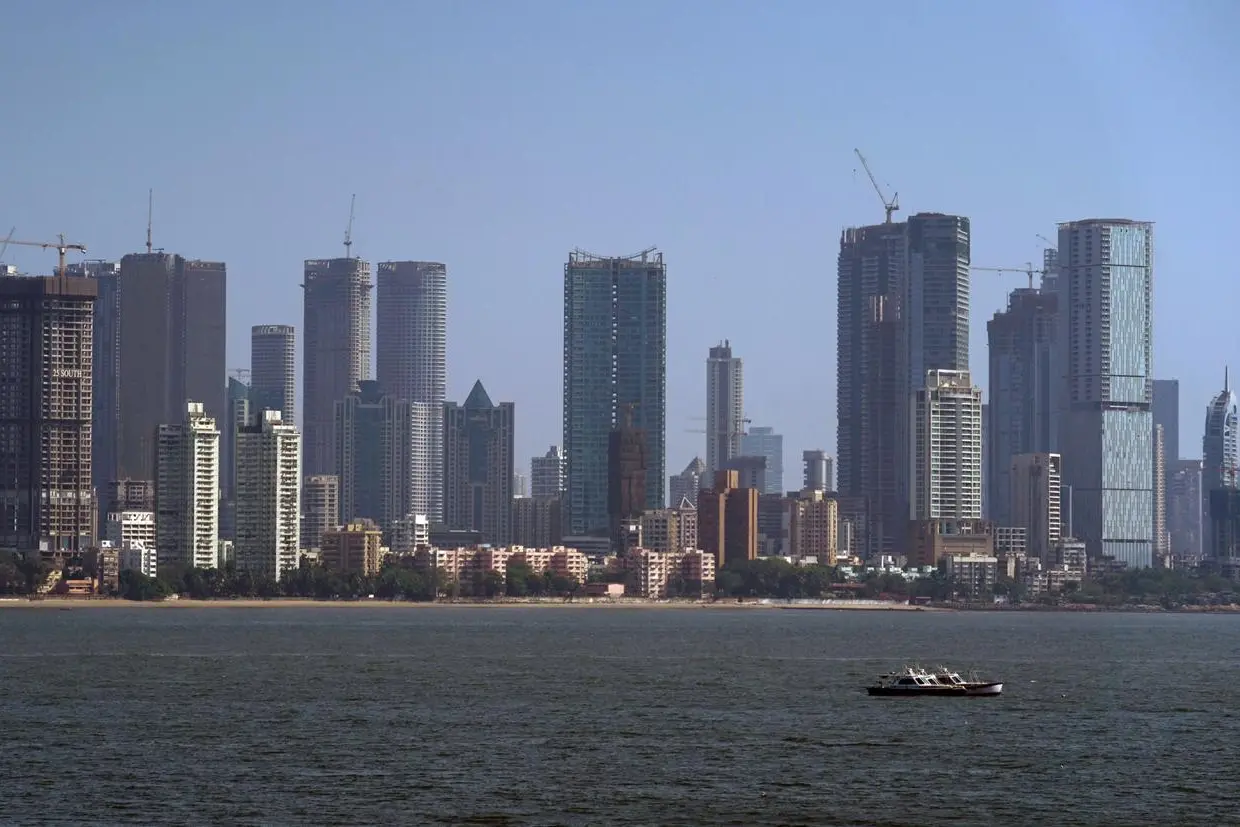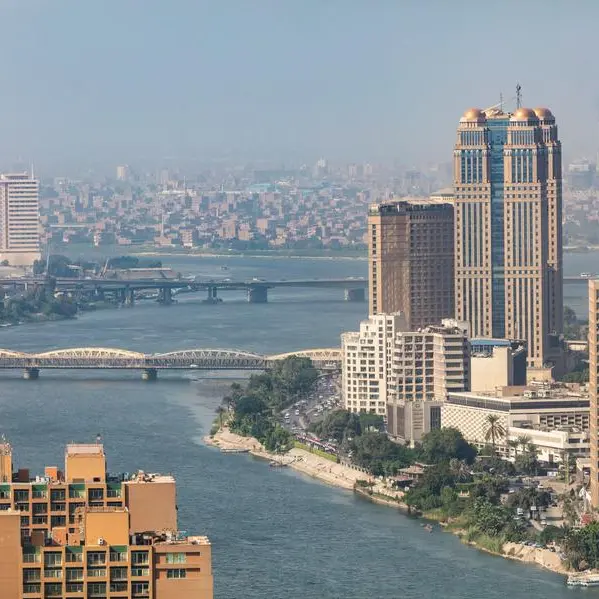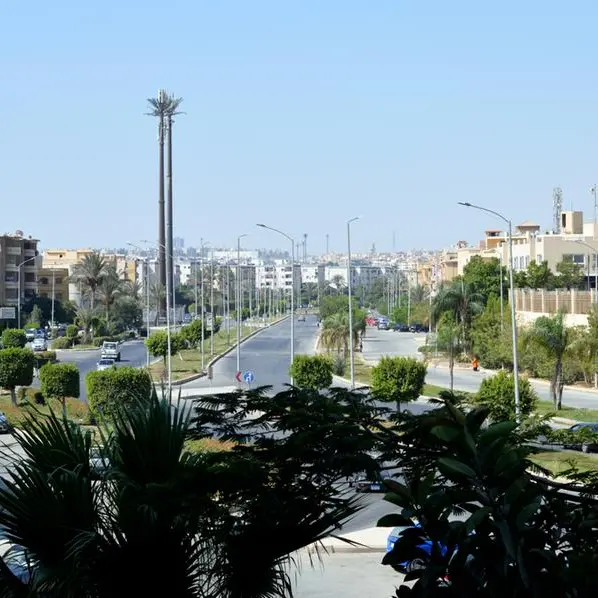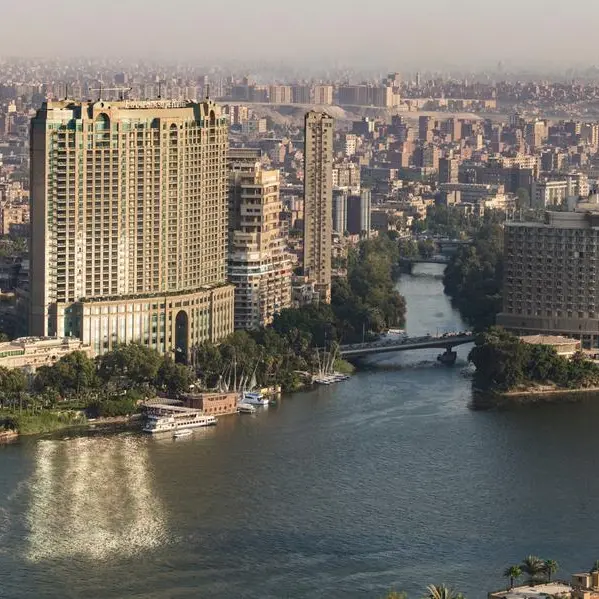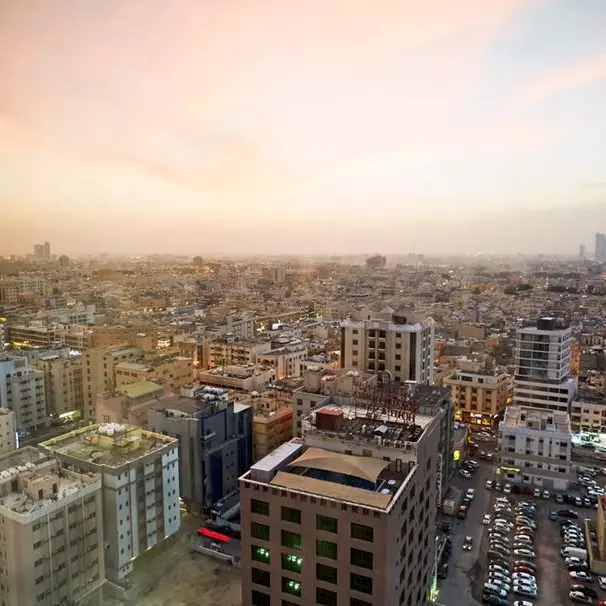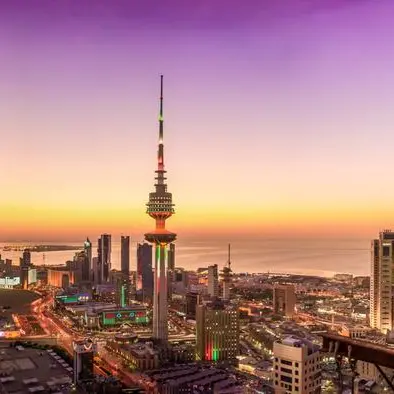PHOTO
The Indian economy, after a deeper-than-expected contraction in the current fiscal, will make a strong rebound in fiscal year 2021-22 with the gross domestic product (GDP) recording 8 per cent surge as mobility and business activities resume more widely, the Asian Development Bank said on Tuesday.
Revising downwards its estimate for the GDP in the current 2020-21 fiscal, the ADB expects India's economy to contract by 9.0 per cent as against the 4.0 per cent forecast made in June as the Covid-19 pandemic weighs heavily on economic activity and consumer sentiment in the country.
In its Asian Development Outlook (ADO) 2020 ppdate, the bank said India's growth outlook remains highly vulnerable to either a prolonged outbreak or a resurgence of cases, with the country now having one of the highest number of Covid-19 cases globally. India had recorded over 4.9 million cases as of September 13, just behind the US which has over 6.5 million cases.
The revision comes on the back of several other forecasts projecting a bleaker outlook for Asia's third largest economy in the current fiscal year. Latest to sound the alarm bells for the economy include S&P Ratings, Goldman Sachs, Fitch Ratings, Moody's and Nomura. They have changed their forecasts to a sharper contraction of between 9.0 per cent and 11.5 per cent for India in the current financial year as against their earlier expectations. India's economy shrank 23.9 per cent year-over-year in the March to June period, larger than most analysts expected.
"India imposed strict lockdown measures to contain the spread of the pandemic and this has had a severe impact on economic activity," said ADB chief economist Yasuyuki Sawada.
"It is crucial that containment measures, such as robust testing, tracking, and ensuring treatment capacities, are implemented consistently and effectively to stop the spread of Covid-19 and provide a sustainable platform for the economy's recovery for the next fiscal year and beyond," he said.
India's current account deficit is forecast to shrink to 0.3 per cent of GDP this fiscal year, then widen to 0.6 per cent of GDP in FY2021 with exports expected to recover as global growth rebounds.
ADB said rising non-performing loans caused by the pandemic that could further weaken the financial sector and its ability to support economic growth, while increasing public and private debt levels could affect technology and infrastructure investment.
The bank, which flagged other downside risks including contraction of investment as investors remain deterred by heightened risks and uncertainties, while private consumption may continue to suffer, said government initiatives to address the pandemic, including the rural employment guarantee program and other social protection measures, will aid rural incomes protecting the vulnerable people.
"The fiscal deficit is expected to rise significantly in FY2020 as government revenues fall and expenditures rise," ADB said.
The upside is likely to be inflation which is expected to fall in the remainder of FY2020-21 to 4.5 per cent with tamed food prices and decreased economic activity, and then further decline to 4.0 per cent in FY2021-22.
The bank, which had rolled out an assistance package of $20 billion to help its developing members counter the severe impacts caused by the pandemic, said several government-initiated reforms in response to the Covid -19 pandemic that focused on enhancing agriculture markets, upgrading industrial park infrastructure, and implementing the National Infrastructure Pipeline would promote foreign investment, incentivise global supply chains to re-allocate to India, and create manufacturing hubs across the country.
Disclaimer: The content of this article is syndicated or provided to this website from an external third party provider. We are not responsible for, and do not control, such external websites, entities, applications or media publishers. The body of the text is provided on an “as is” and “as available” basis and has not been edited in any way. Neither we nor our affiliates guarantee the accuracy of or endorse the views or opinions expressed in this article. Read our full disclaimer policy here.
© Khaleej Times 2020
